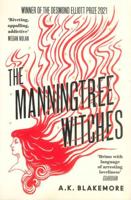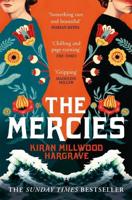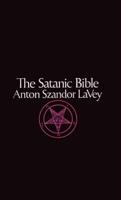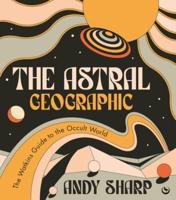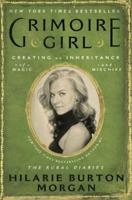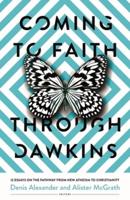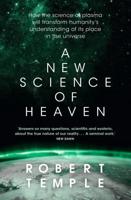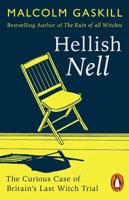Publisher's Synopsis
Science and Catholicism in Argentina (1750-1960) is the first comprehensive study on the relationship between science and religion in a Spanish-speaking country with a Catholic majority and a "Latin" pattern of secularisation. The text takes the reader from Jesuit missionary science in colonial times, through the conflict-ridden 19th century, to the Catholic revival of the 1930s in Argentina. The diverse interactions between science and religion revealed in this analysis can be organised in terms of their dynamic of secularisation. The indissoluble identification of science and the secular, which operated at rhetorical and institutional levels among the liberal elite and the socialists in the 19th century, lost part of its force with the emergence of Catholic scientists in the course of the 20th century. In agreement with current views that deny science the role as the driving force of secularisation, this historical study concludes that it was the process of secularisation that shaped the interplay between religion and science, not the other way around.

